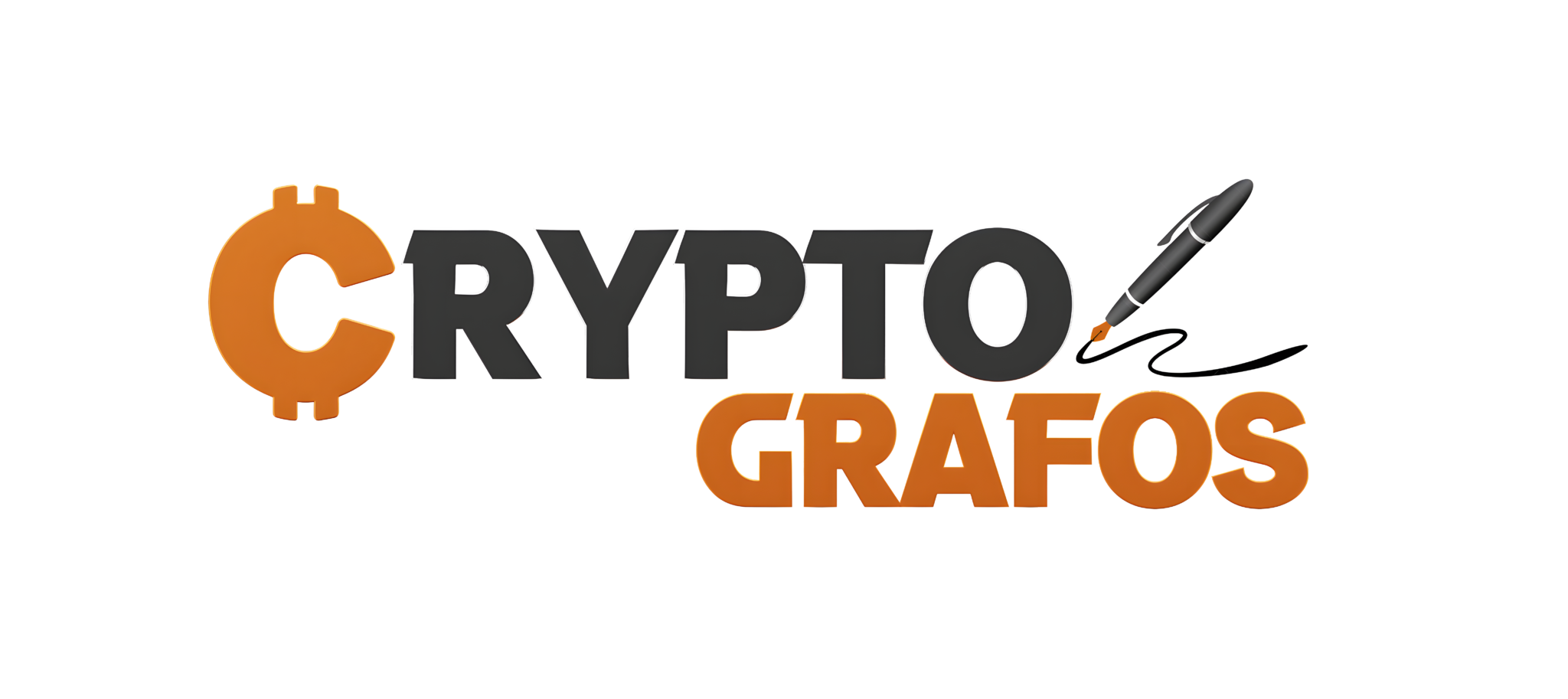Leading US derivatives exchange CME Group announced an all-time high in cryptocurrency trading volumes during the fourth quarter of 2024, as revealed in its Feb. 12 earnings call.
CME recorded an average daily trading volume of roughly $10 billion in crypto derivatives for Q4 2024, reflecting a staggering 300% surge compared to the same period in the previous year.
The firm noted that 2025 has started on a strong note, with January marking the highest-ever monthly trading volumes for cryptocurrency contracts.
Crypto derivatives ranked among the most rapidly growing contract categories over the past year, according to Lynn Martin, CME’s chief financial officer.
While demand for additional crypto products remains strong, CME CEO Terry Duffy emphasized the importance of working closely with the US Securities and Exchange Commission (SEC) to clarify regulatory concerns regarding which digital assets may be classified as securities.
In January, CME revealed plans to introduce options linked to its micro Bitcoin Friday futures, catering to the growing interest in crypto derivatives, particularly from retail investors.
Competitive Landscape
As one of the largest derivatives exchanges in the US, CME Group generated approximately $6 billion in revenue in 2024. The exchange currently offers futures and options contracts for Bitcoin and Ether but has yet to expand to other digital assets.
CME faces competition from Coinbase, which launched its derivatives platform in 2021, offering futures contracts on a broader range of cryptocurrencies, including popular memecoins like Dogecoin and Bonk.
Additionally, Robinhood has emerged as a new competitor, having introduced Bitcoin futures in January and planning to roll out Ether futures later this year.
Crypto futures trading continues to gain momentum, with open interest in Bitcoin futures surpassing $60 billion as of Feb. 12, according to CoinGlass data.
Futures contracts represent standardized agreements to buy or sell an asset at a predetermined future date, while options grant the right—but not the obligation—to execute a trade at a specific price, commonly referred to as “call” and “put” options in trading terminology.
For more news, find me on Twitter Giannis Andreou and subscribe to My channels Youtube and Rumble
What is your opinion on this particular topic? Leave us your comment below! We are always interested in your opinion!










